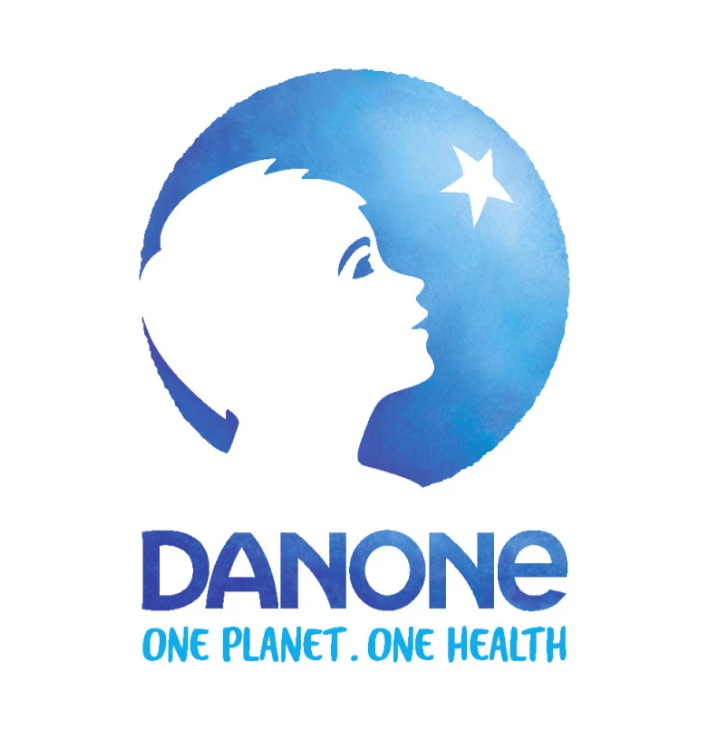

Danone Nordics

Stockholm County, Sweden
January 2022
Food products
Manufacturing
Denmark,
Finland,
Norway,
Sweden
For more than 100 years, Danone has sought to bring healthy products to as many people as possible around the world. Danone today is a leading producer in three health-based product categories: Dairy and Plant-based, Specialized Nutrition, and Waters. In the Nordics, Danone is present since 1995 with its Specialized Nutrition business, offering brands like Fortimel, Souvenaid, Neocate, or Ketocal, and since 1999 also with its Dairy and Plant-based business - best known for its brands such as Alpro, ProViva, Actimel, Activia, Danio, and Danonino. Danone employs more than 300 people in the Nordic countries, including the factory in Lunnarp in Skåne, the home of ProViva, and some Alpro products. Through its mission and dual commitment to business success and social progress, Danone aims to build a healthier future, collaboratively working together with all its stakeholders—its employees, consumers, customers, suppliers, shareholders, institutions and all the local communities. For years, Danone Nordics has been working on the reduction of the impact on the environment, by decreasing the CO2 emissions, by reducing the use of water or food waste.
Overall B Impact Score
Governance 17.3
Governance evaluates a company's overall mission, engagement around its social/environmental impact, ethics, and transparency. This section also evaluates the ability of a company to protect their mission and formally consider stakeholders in decision making through their corporate structure (e.g. benefit corporation) or corporate governing documents.
What is this? A company with an Impact Business Model is intentionally designed to create a specific positive outcome for one of its stakeholders - such as workers, community, environment, or customers.
Workers 28.3
Workers evaluates a company’s contributions to its employees’ financial security, health & safety, wellness, career development, and engagement & satisfaction. In addition, this section recognizes business models designed to benefit workers, such as companies that are at least 40% owned by non-executive employees and those that have workforce development programs to support individuals with barriers to employment.
Community 14.5
Community evaluates a company’s engagement with and impact on the communities in which it operates, hires from, and sources from. Topics include diversity, equity & inclusion, economic impact, civic engagement, charitable giving, and supply chain management. In addition, this section recognizes business models that are designed to address specific community-oriented problems, such as poverty alleviation through fair trade sourcing or distribution via microenterprises, producer cooperative models, locally focused economic development, and formal charitable giving commitments.
Environment 29.4
Environment evaluates a company’s overall environmental management practices as well as its impact on the air, climate, water, land, and biodiversity. This includes the direct impact of a company’s operations and, when applicable its supply chain and distribution channels. This section also recognizes companies with environmentally innovative production processes and those that sell products or services that have a positive environmental impact. Some examples might include products and services that create renewable energy, reduce consumption or waste, conserve land or wildlife, provide less toxic alternatives to the market, or educate people about environmental problems.
What is this? A company with an Impact Business Model is intentionally designed to create a specific positive outcome for one of its stakeholders - such as workers, community, environment, or customers.
Customers 5.2
Customers evaluates a company’s stewardship of its customers through the quality of its products and services, ethical marketing, data privacy and security, and feedback channels. In addition, this section recognizes products or services that are designed to address a particular social problem for or through its customers, such as health or educational products, arts & media products, serving underserved customers/clients, and services that improve the social impact of other businesses or organizations.
What is this? A company with an Impact Business Model is intentionally designed to create a specific positive outcome for one of its stakeholders - such as workers, community, environment, or customers.